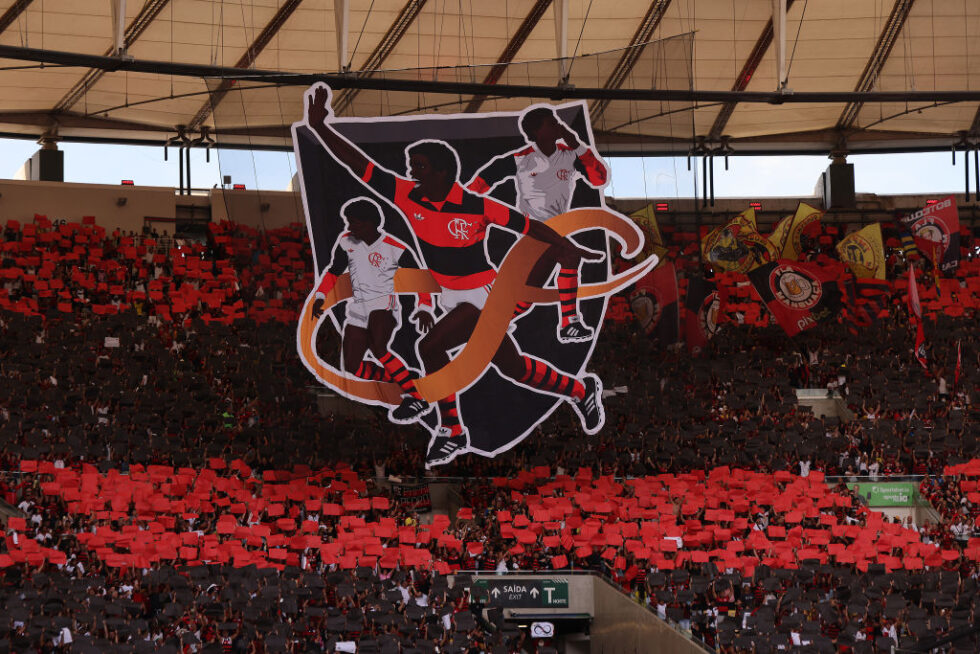 Getty Images
Getty Images With the largest fan base in Brazil as potential customers, Flamengo, in partnership with Banco de Brasília, created the digital bank Nação BRB Fla, which offers credit and debit cards, digital accounts, insurance, loans and investments. One year after it was established, in 2021, the institution had 2.5 million customers, in 89% of Brazilian cities. In April 2024, it totaled 3.5 million open accounts.
Palmeiras, linked to Pefisa, a fintech of the Pernambucanas, Elo and Allianz Seguros Group, launched Palmeiras Pay, a digital account that offers financial services to fans. Since its launch in 2023, the entity has issued around 660 thousand credit cards and 15 thousand insurance policies. More than 1.1 billion reais in transactions took place in the period, exceeding the club’s expectations.
Earlier this year, Esporte Clube Vitória launched the Vitória Bank, in partnership with fintech 2GO Bank. It is a digital account that offers bank cards, consortia, financing, insurance and loans to fans. The club’s expectation is that, by the end of 2024, 200 thousand accounts will be active.
These initiatives, which have nothing to do with the world of football, show that financial services are consolidating themselves as an alternative for club revenue beyond ticket sales. “The fans want to show that they are part of the fan base and feel a sense of belonging. To do this, they buy the club’s products and services,” states Fernando Ferreira, economist and founder of Pluri Sports Capital.
Market change
The rapprochement between football teams and financial services began in the 1990s, when some clubs carried out promotional actions with banks so that fans had bank cards with the team’s emblems. The strategy, however, did not go ahead. By mid-2013, the clubs’ economic activity, until then focused on the sale of sponsorships and tickets, as well as licensing, expanded. That was when loyalty programs began to emerge, which offer benefits to fans — now promoted to supporters-members — in exchange for monthly contributions.
But this movement gained more strength as from 2021, when a law made it possible for clubs, previously registered as non-profit organizations, to become companies. As a result, they began to sell new products and services. “They realized that you need to be where the money is. In people’s budgets there is no part reserved for purchasing key rings, for example. People spend money on insurance, bank cards… These are recurring expenses”, says Ferreira. “Financial services is a very powerful business: it involves large amounts of money and also puts the club in people’s daily lives.”
It’s just the beginning
According to the expert, there is still a lot of room for this market to grow. Currently, the brand licensing service, responsible for new products, including financial ones, represents less than 2% of the teams’ revenue. “Abroad, this number reaches 7%, which shows how the Brazilian market can still grow beyond the fields.”
Sources: Globo Esporte and Folha de S.Paulo.








